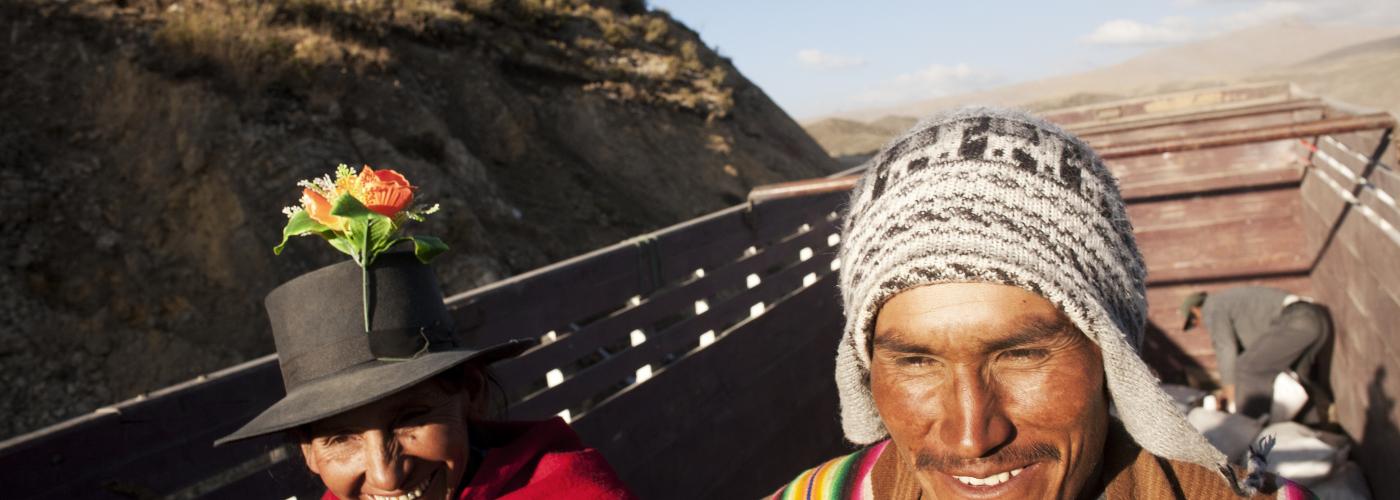General information
Title
Preventing and Mitigating Violence Against Civilians in Humanitarian Contexts: A Proactive Protection Capacity Development, Training, Coaching, and Research Project
ID
XM-DAC-2-10-9616
CRS ID
PJ/2022/10
Start date
End date
Activity status
Implementation
Budget
€0
Actor
Norwegian Refugee Council (NRC)
Sector
Humanitarian Aid - Material relief assistance and services
Aid type
Project-type interventions
Fragile state
No
Least developed country
No
Budgetline
54 52 356083 Humanitarian projects
Finance type
GRANT
Tied status
No
Flow type
ODA
Body
General
L'année 2023 a été marquée par une dégradation alarmante de la situation humanitaire à travers le monde. Les conflits armés, les crises climatiques, les bouleversements politiques et l'augmentation des prix des denrées alimentaires et de l'énergie ont entraîné une augmentation des besoins en matière de protection sans précédent. Les populations civiles sont les plus durement touchées, subissant des violations généralisées des droits humains, des attaques contre les infrastructures essentielles et des déplacements massifs. En effet, en 2023, le nombre de personnes ayant besoin de protection dans 31 opérations du cluster de protection a augmenté de 42 % en seulement deux ans, en raison de nouveaux cycles de violence et de conflits, comme à Gaza, au Soudan, en République démocratique du Congo, au Myanmar, en Ukraine et à Haïti réunis avec des crises prolongées dans des pays comme l’Afghanistan, la Syrie et le Yémen.
Bien que la protection des personnes soit avant tout le devoir des États, des parties au conflit et des autres acteurs qui contrôlent le territoire, en période de crise liée à un conflit, ces acteurs manquent souvent à leurs obligations ou sont eux-mêmes les auteurs de violences contre les populations civiles. Dans de telles situations, les acteurs humanitaires, avec ou sans mandat formel de protection, sont liés par un devoir moral de prendre des mesures appropriées.
Results
Creation, consolidation, and dissemination of practical and operational field level guidance, manuals and resources, including monitoring and evaluation methodologies, on proactive protection interventions to the national and international aid community.
•
Development and roll out of training, follow-up coaching and mentoring of proactive protection interventions to the national and international aid community.
•
Development of a graduate course on proactive protection to set the foundation for the next generation of protection experts.
•
Peer-to-Peer exchange on current proactive protection interventions, approaches, frameworks and practices through workshops and events.
•
Evaluation and analysis targeting current proactive protection interventions, approaches, frameworks, and practices through comparative field research.
•
Strengthening the evidence base on proactive protection interventions, approaches, frameworks and practices through research, M&E, and exchange on effectiveness of practices.
•
Leverage learning, evidence and practice to raise awareness amongst the humanitarian community and donors as to the benefits, opportunities and outcomes of proactive protection approaches (including as demonstrated through this project) to strengthen donor and diplomatic buy-in, and inform policy and practice.


